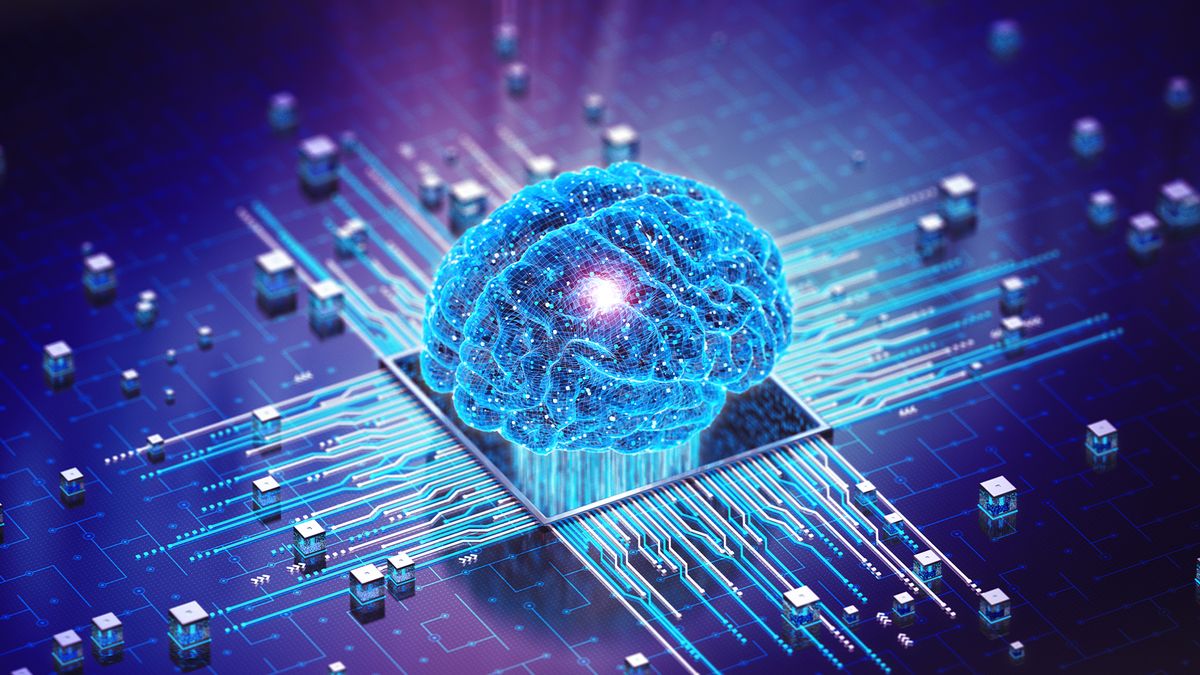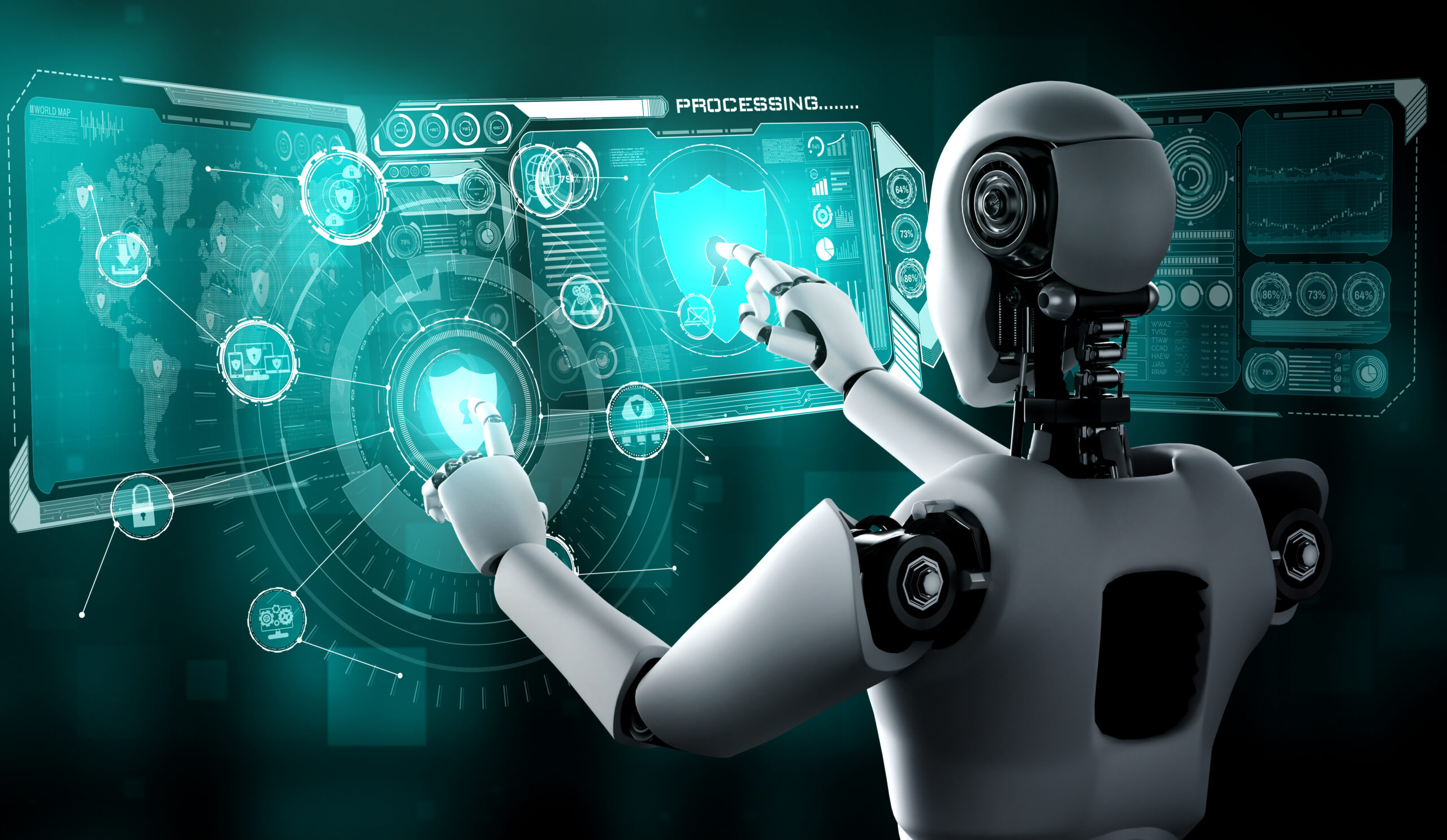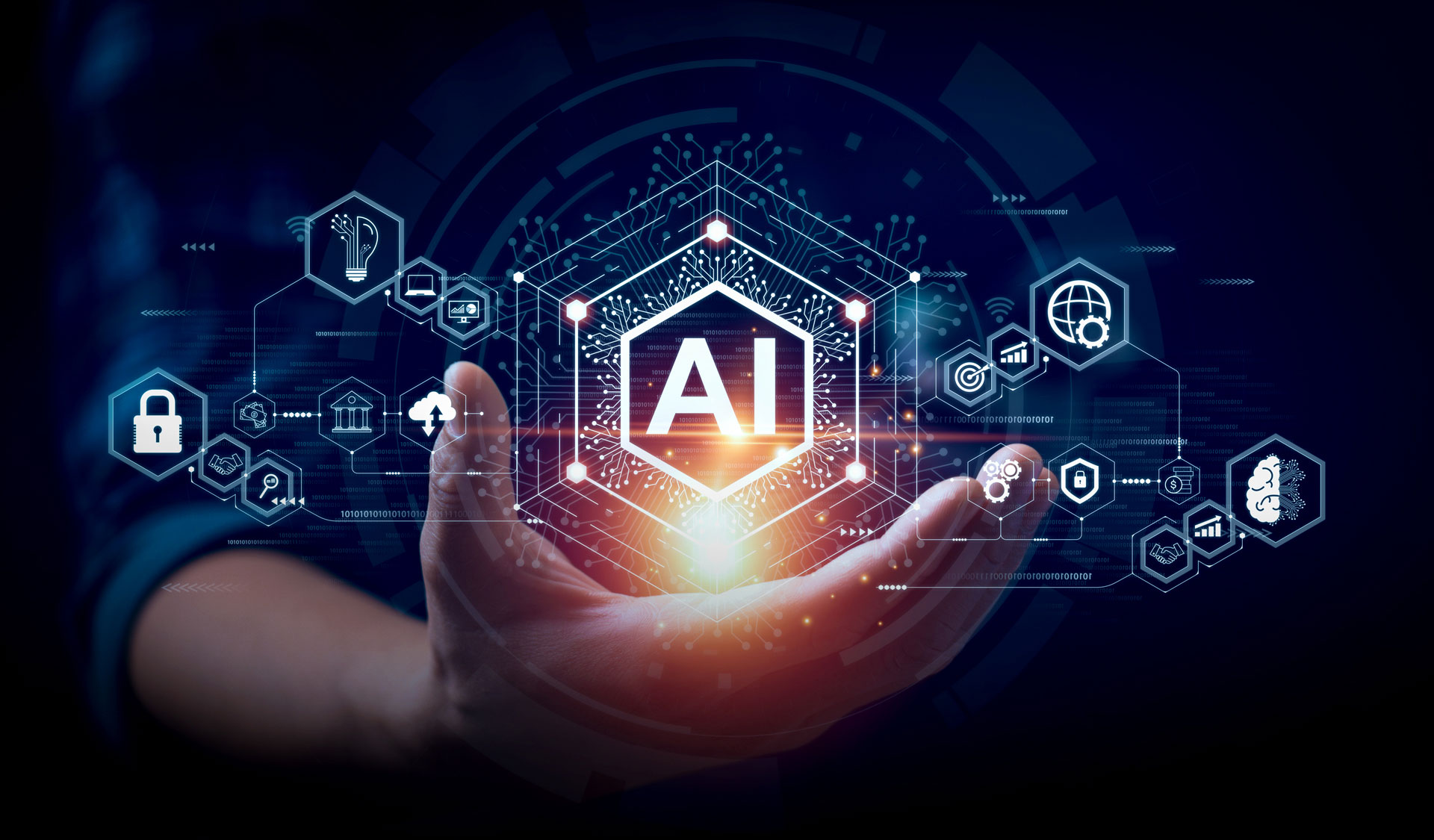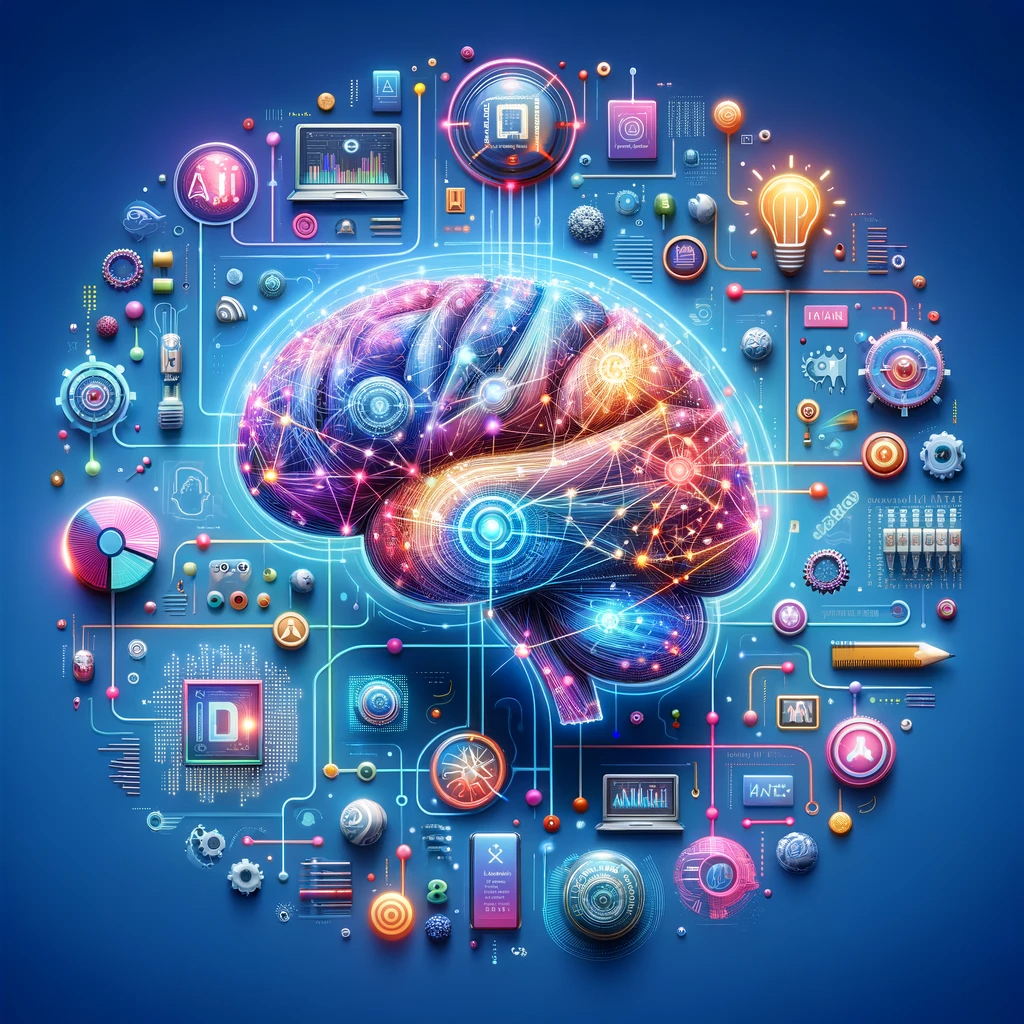AI

The Future is Now: Understanding Artificial Intelligence
Is AI truly changing everything? The answer might surprise you. This technology is no longer a futuristic fantasy; it's woven into the fabric of our daily lives. From the mundane to the extraordinary, AI's impact is undeniable.
AI, or Artificial Intelligence, is a broad field encompassing the development of computer systems capable of performing tasks that typically require human intelligence. These tasks include learning, reasoning, problem-solving, perception, and natural language understanding. This seemingly simple definition belies the incredible complexity and potential of the technology. Think about the personalized recommendations you see online, the spam filters that protect your inbox, or even the voice assistants on your smartphones – these are all powered by AI algorithms.
Types of AI
It's important to understand that AI is not a monolithic entity. There are various types, categorized by their capabilities and functionalities. Narrow or Weak AI is designed for specific tasks, like playing chess or recommending products. General or Strong AI, still largely theoretical, would possess human-level intelligence and adaptability. Finally, Super AI surpasses human intelligence in all aspects – a concept often explored in science fiction, but with significant implications for the future.
The Impact of AI on Various Industries
The influence of AI is pervasive, transforming industries at an unprecedented pace. In healthcare, AI assists in diagnostics, drug discovery, and personalized medicine. Finance utilizes AI for fraud detection, algorithmic trading, and risk management. Manufacturing employs AI for automation, predictive maintenance, and supply chain optimization. The possibilities are seemingly endless, leading to increased efficiency, productivity, and innovation across the board.
Ethical Considerations of AI
With such powerful technology comes significant ethical considerations. Bias in algorithms, job displacement due to automation, and the potential misuse of AI are all pressing concerns. Developing responsible AI requires careful consideration of these ethical implications, ensuring fairness, transparency, and accountability in its development and deployment. Open discussions and robust regulatory frameworks are crucial to navigate these complex challenges.
The Future of AI: What Lies Ahead?
The future of AI is brimming with both exciting possibilities and potential challenges. Continued advancements in machine learning, natural language processing, and computer vision promise further breakthroughs. However, addressing the ethical concerns and ensuring responsible innovation will be paramount to harnessing the full potential of AI for the benefit of humanity. The journey into the age of AI is only just beginning, and its impact on our lives will continue to evolve in unforeseen ways.




No comments:
Post a Comment